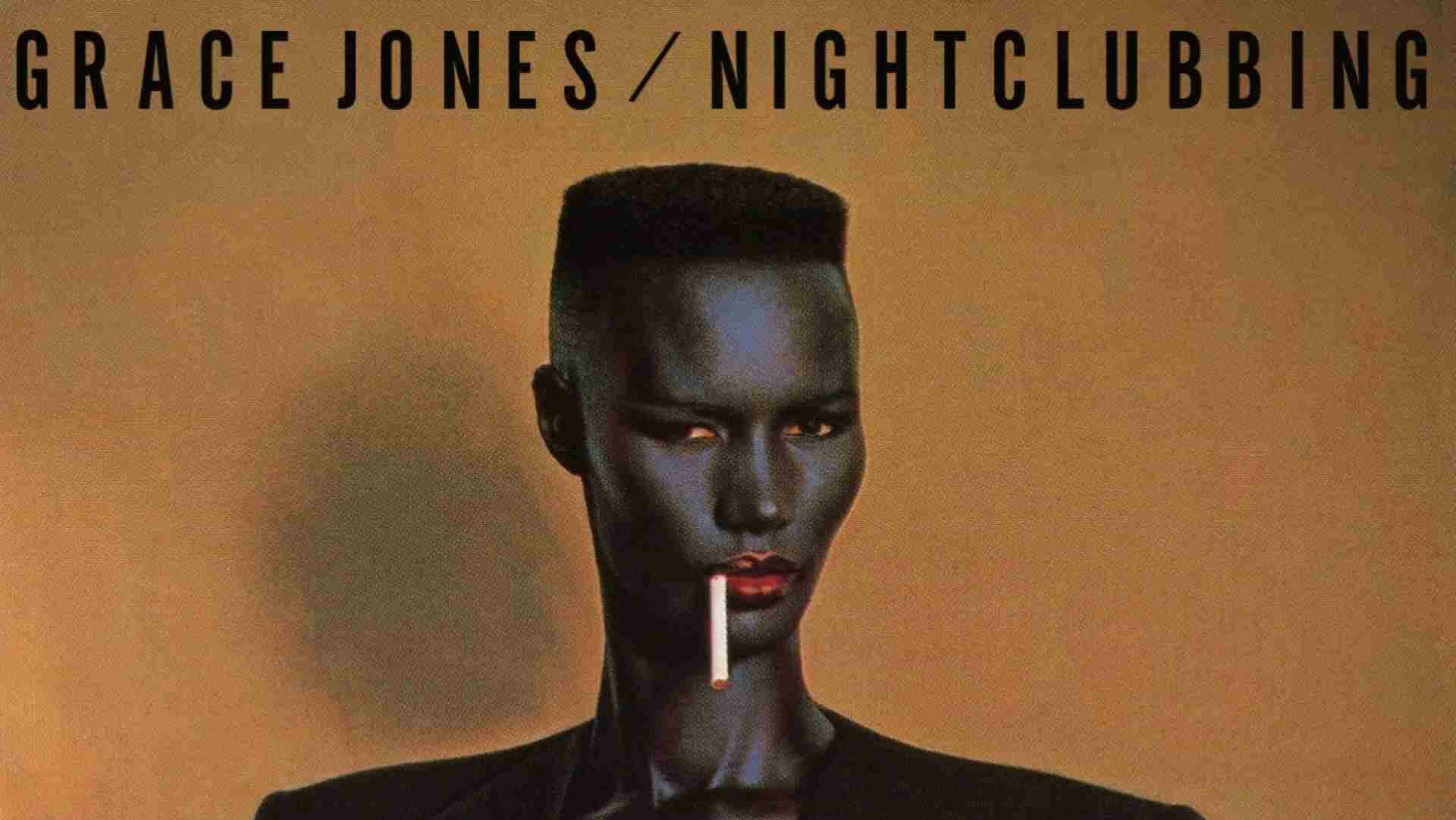‘She owned her Blackness and celebrated it’: Grace Jones’s Nightclubbing re-reviewed
Joseph Ryan-Hicks goes out-out as he revisits Grace Jones’s magnum opus, Nightclubbing, and explores the artist’s enduring legacy

“Ladies and gentlemen, here’s… Grace!” When it comes to true visionaries, there are few more original than the Jamaican-born Grace Jones. This once-in-a-generation performer is an artiste in every sense. Her fierce, gender-fluid appearance and straight-off-the-runway looks broke barriers for many in pop. Equally, her unique sound — a progressive blend of genres — feels as fresh today as it did some 40 years ago.
Emerging from the hedonistic party scene of 1970s New York, Jones’s first three albums capitalised on the immense popularity of disco, earning her the title ‘Queen of the Gay Discos’. As the genre fell out of favour following the ‘Disco Sucks’ movement in 1979, Jones was quick to get ahead of the curve and explored new sonic territories — notably, the underground New Wave. Jones first explored the sound on 1980’s Warm Leatherette and she carried it through on its follow-up, 1981’s aptly titled Nightclubbing. This nine-track album would become her mainstream breakthrough and is widely regarded as her best work.
Kicking off the record with the slinky reggae-tinged groove of ‘Walking in the Rain’, its introspective lyrics about not fitting in feel as if they could have been written from Jones’s point of view. In fact, the track is one of six covers on the album that the singer adopted for this release. The moody opener perfectly encapsulates the isolation of being ‘other’ and feeling displaced from the world around you. “Feeling like a woman / Looking like a man,” could easily have been written by Jones herself, whose androgynous image was the focus of many people’s attention at the time. But instead, it’s a testament to the singer’s ability to carefully select and embody songs that spoke to her, despite these often being written by white heterosexual men.
On ‘Pull Up to the Bumper’, Jones flexes her writing muscles and delivers one of her signature tunes in doing so. Sparking controversy for its suggestive lyrics, the single was banned from certain radio stations due to its supposed depiction of anal sex — something Jones laughed off in a 2008 interview: “I think it means whatever you want it to. Because I kind of like the doggy position myself, but that doesn’t mean it’s going up me [sic] arse.” The number evokes Bowie’s funkier moments but lyrically it is undeniably Jones. “Grease it / Spray it / Let me lubricate it,” she sings over a sexy bassline. The charged lyrics reflected a culture of sexual freedom among gay men during that period, who were soon to be thrown into turmoil following the emergence of AIDS. It serves as a reminder of a playful time for the community, which was soon snatched away.
Another highlight comes in ‘Feel Up’, also penned by Jones. This bouncy number draws on many musical influences from around the world, including an infectious Afro-Caribbean rhythm. This is something Jones plays on in her vocal delivery too. Lyrically, we’re given added context on the extended cut, which sees the singer take on the role of an older woman who is seducing a man half her age. This storyline is lost in the original cut, but is a welcome listen, nevertheless. The track is a perfect culmination of Jones’s musical DNA. At a time when so few Black artists were played on mainstream radio, Jones owned her Blackness and celebrated it.
Nightclubbing became Jones’s highest-ranking entry on the US Billboard 200 at number 32 and reached the Top 40 in the UK. Music aside, today’s performers have a lot to thank Jones for — she was a revolutionary in the way she handled speculation around her gender and sexuality. In a conversation with Andy Warhol and André Leon Talley for Interview magazine in 1984, Jones said: “I like dressing like a guy. I love it… The future is no sex. You can be a boy, a girl, whatever you want. I have a lot of man in me.”
At a time when the accepted image of a female pop star was very narrow, Jones was breaking barriers with her masculine looks. She was difficult to pin down and all the more exciting for it. Her ability to intimidate also stood her in good stead when battling the male-dominated music industry. In her 2015 autobiography, I’ll Never Write My Memoirs, Jones said of misogyny: “It’s the same old caveman shit, a power thing. It’s why I want to fuck every man in the ass at least once. Every guy needs to be penetrated at least once.”
